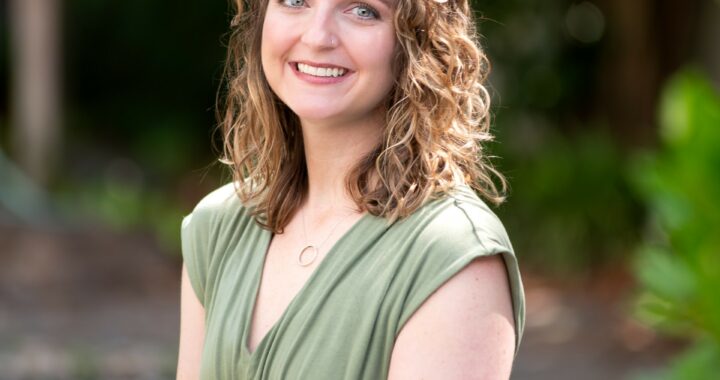Series Features Famous Faces
3 min readBy Megan Grigorian
Students and Fredericksburg residents braved the freezing temperatures last Thursday night to attend the 2008 Great Lives Series lecture on Mary Ball Washington.
Martha Saxton from the departments of History and Women’s and Gender Studies at Amherst College described Mary Ball Washington’s life to a crowd of over 200, giving insight into her life outside the realm of her famous son.
The talk was the first in the University of Mary Washington’s Centennial Edition of the public lecture series. The lectures are designed to reflect some of the great lives of the past 100 years and to celebrate UMW’s centennial birthday. Mary Ball Washington is the only exception to the 100 year timeline.
Saxton is the first to publish a biography on Mary Ball Washington, since details of her life are not historically documented. Her lecture emphasized the importance of recognizing Mary Washington outside of the context that George Washington’s biographers place her in.
“I began this project from the premise that her life should not be shaped by her relationship with her eldest child,” Saxton said.
Saxton lectured on Mary Washington’s early life as an orphan, transitioning into marriage and motherhood. She highlighted her love for gardening, her Anglican faith and time spent in her home on Ferry Farm, located on a bluff overlooking the ferry that was used to cross the Rappahannock River to Fredericksburg.
She acknowledged representations given by other historians of Mary Ball Washington that depict her as a controlling mother that tried to keep her son from the war.
Saxton, however, presented an alternative perspective.
“I personally have no problems understanding a mother’s wish to not want her son to join the British army- one of the most violent of the time,” Saxton said.
Senior Erin Leach-Kemon appreciated the anecdotes and details that Saxton provided of Washington’s personal life
“I knew very little about Mary Ball Washington before attending this lecture,” she said. “I only knew that she was George’s mom.”
The Great Lives program originated in 2004 as a way to offer a public lecture series for course credit that incorporated all disciplines.
The series full name, the “Chappell Lecture Series Great Lives,” is in honor of John Chappell, the endower of the bell tower. In addition to donating a physical monument to the university, he wanted to give something towards the field of academics. The endowment he gave to the Great Lives series is used to pay the speakers.
The history department has held public series in the past such as Heroes & Villains and a History of Presidency. This is the first series dedicated to biographies.
The biographies for the series are decided by William Crawley, a professor in the history department, and a small committee of faculty members. Each year, they strive to make the schedule as diverse as possible. Some upcoming lectures feature Ella Fitzgerald, James Farmer, Betty Friedan and The Beatles.
The speakers selected to give the lectures are distinguished experts on great lives, some of whom have recently published biographies on their subjects. Only one person asked to lecture for the series has ever turned down the offer.
Crawley and department chair Carter Hudgins co-founded the course. Crawley knew that the class was a success when he walked down to the original location in the Monroe basement for the second class meeting.
“I walked in about a quarter past and as soon as I got downstairs, I saw a line out the door. I said ‘We got a problem, a good problem, but a problem,’” Crawley said.
Now with around 115 students enrolled in the class, all lectures are held in Dodd auditorium.
Amanda Shackleford, a junior at UMW, is one of those 115 students.
“I heard the lectures were fun and interesting from friends who had taken it before,” Shackleford said. “I’m excited for some of the topics this semester.”


